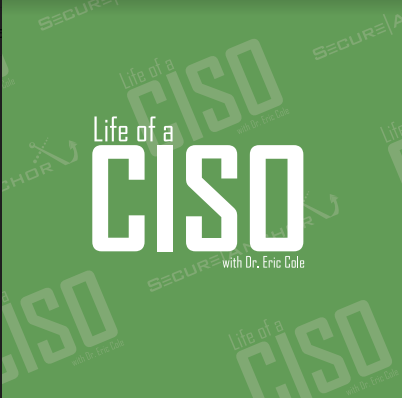Companies everywhere greatly rely on computer systems and software to effectively and efficiently manage day-to-day operations and store sensitive information. But is your business protected against cyber-attacks? Cyber-attacks are the biggest fear for businesses today. Not only is sensitive information stolen but these attacks can cost businesses billions of dollars.
It’s vital to take the necessary steps to protect your business against cyber-attacks. That starts with ensuring your employees understand the significance of protecting information and their role in keeping it safe. Here are things to speak to your employees about:
The Seriousness of Cyber-attacks
Although employees are aware that cyber-attacks exist and can happen, they may not understand the seriousness of the attacks if they’ve never experienced one. They may not have a clear understanding of the ways cyber criminals hack a system or the warning signs to be aware of. To help educate employees about cyber-attacks, hire a cyber security keynote speaker. Dr. Eric Cole is an experienced computer security specialist who shares his knowledge of cyber-attacks and strategies and practices for businesses to increase safety and security.
Maintaining a Clean Machine
There are a few security practices that should be followed in order to keep a clean computer. For starters, to keep outside programs from invading your network, your business should have rules for what software and files employees can and can’t install and keep on their work computers. Ensure they understand and follow these rules. Firewall should be turned on and the traffic allowed should be chosen very carefully. Anti-virus software should be installed on their computers and enable automatic updating.
Following Basic Safety Practices
There are few simple yet highly effective safety practices employees should follow to keep computer systems safe.
- Use a strong password to log into accounts and programs. Also, use a different password for each. To keep record of the passwords for each account, write them down and keep them in a safe place.
- Don’t open suspicious links in emails, online ads, messages, or attachments. Ensure employees are aware of company spam folders and know how to use them to avoid unwanted, harmful emails.
- In the instance that data is lost and programs fail, set the computers to automatically backup work or ask your employees to do it to keep work safe and protected.
Giving Access to Devices
Employees should never provide access to their device to anyone else. This poses a security risk. While they may not do anything malicious, they may accidentally delete files or run a program that shouldn’t be touched.


